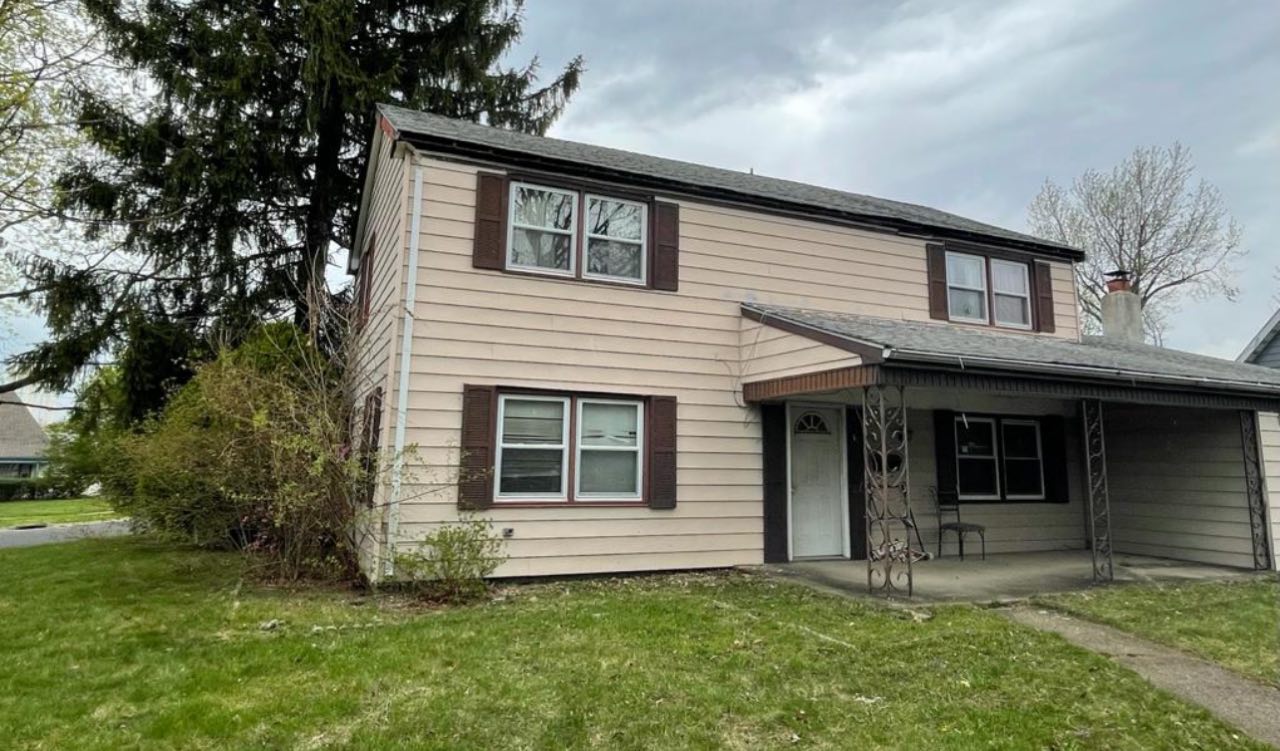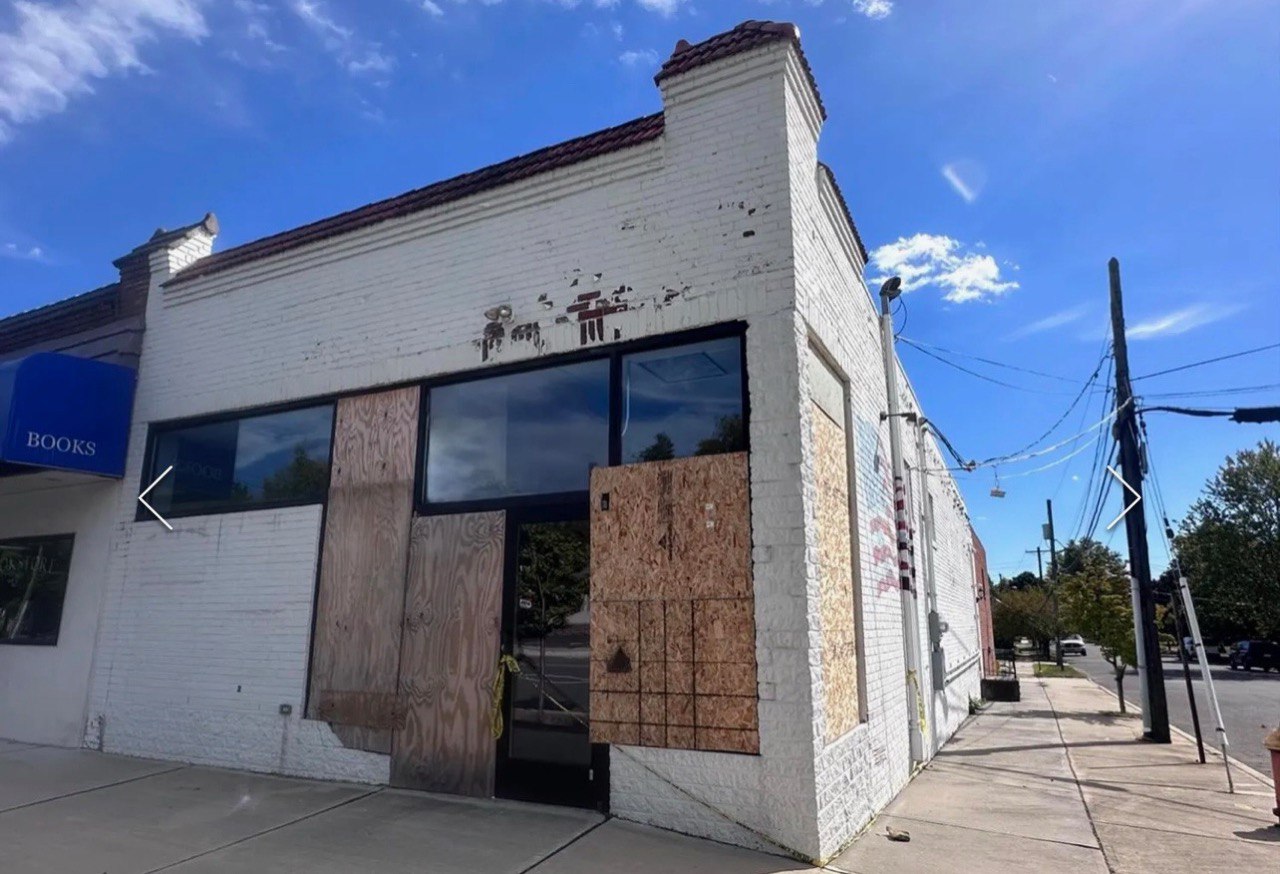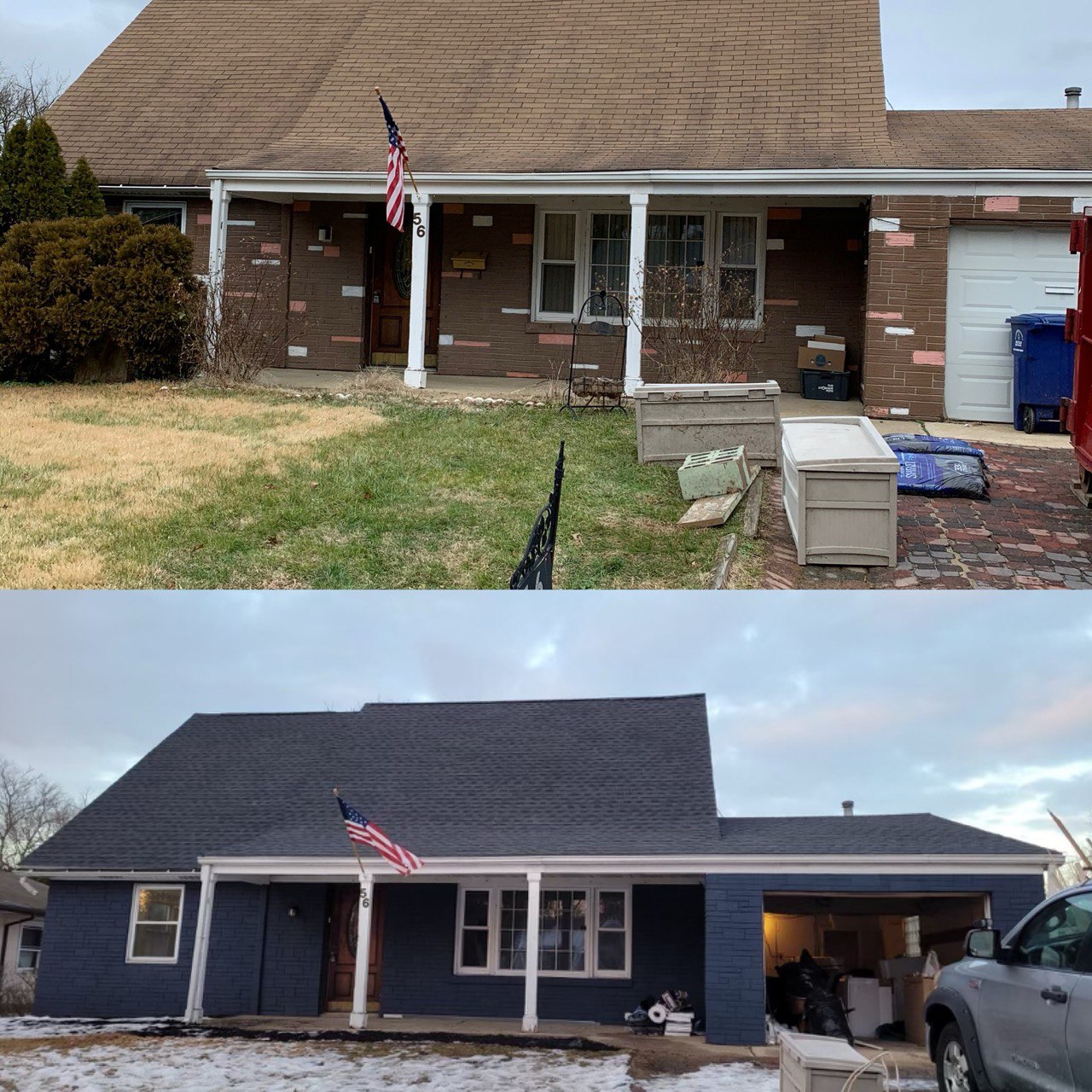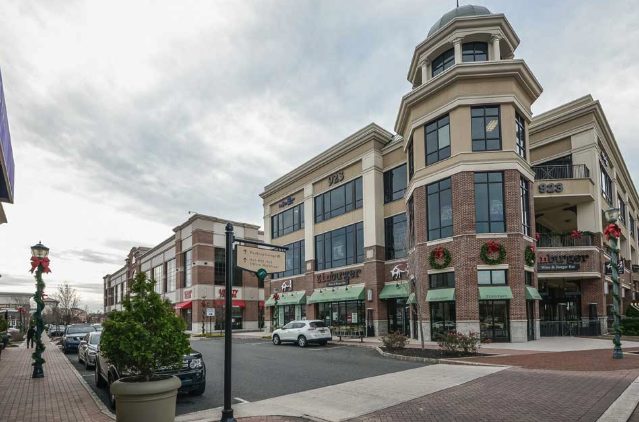Introduction to Mortgage Rates and Their Significance in the Real Estate Market

Mortgage rates play a crucial role in the real estate market, impacting both home buyers and sellers. But what exactly are mortgage rates, and why should you pay attention to them?
Mortgage rates refer to the interest rates that lenders charge borrowers for home loans. They determine the cost of borrowing money to finance a home purchase.
Monitoring mortgage rate trends is essential for home buyers as it directly affects their affordability and purchasing power. Sellers also need to stay informed about mortgage rates as it influences buyer demand and the overall health of the real estate market.
In this blog, we will explore the definition of mortgage rates and their role in determining borrowing costs. We will also discuss the importance of monitoring mortgage rate trends for home buyers and sellers. Let’s dive in.
Understanding the Relationship Between Mortgage Rates and Home Prices
The relationship between mortgage rates and home prices is a complex one, with several factors influencing how changes in one can affect the other. One key aspect to understand is how lower mortgage rates can lead to increased demand and higher home prices. When mortgage rates are low, it becomes more affordable for buyers to finance a home purchase. This increased affordability can lead to a surge in demand as more people are able to enter the housing market. As demand increases, competition among buyers also rises, which can drive up home prices.
For example, a recent article from NorthJersey.com discusses how first-time home buyers in New Jersey are facing the challenge of low inventory and high mortgage rates. The article highlights that these buyers are competing with seasoned players who have more experience and resources. This competition, combined with the affordability provided by low mortgage rates, has resulted in higher home prices in the state.
On the other hand, higher mortgage rates can have a negative impact on housing affordability and demand. When mortgage rates rise, it becomes more expensive for buyers to finance a home purchase. This decrease in affordability can deter potential buyers from entering the market or limit their purchasing power. As a result, the demand for homes may decrease, leading to a potential decrease in home prices.
In an article from CoriSellsNJ.com, the impact of interest rates on the real estate market in New Jersey is discussed. It explains that high-interest rates can pose a dilemma for buyers, as it can make it harder for them to afford a home. This can lead to a decrease in demand and ultimately put downward pressure on home prices.
Overall, it’s important to recognize the relationship between mortgage rates and home prices, as they can significantly impact the housing market. Whether it’s lower rates fueling demand and increasing home prices or higher rates hindering affordability and dampening demand, these factors play a crucial role in shaping the real estate landscape.
Exploring the Current Mortgage Rate Landscape in New Jersey
When it comes to buying a home in New Jersey, understanding the current mortgage rate landscape is crucial. Mortgage rates play a significant role in the affordability of homes and can have a direct impact on the housing market. To gain a better understanding of the current situation, let’s take a closer look at the average mortgage rates in New Jersey compared to national averages and examine the historical trends in mortgage rates and their impact on the housing market.
Overview of the Average Mortgage Rates in New Jersey Compared to National Averages
New Jersey, like other states, experiences fluctuating mortgage rates influenced by various factors, including the overall economy, inflation rates, and Federal Reserve policies. As of [current date], the average mortgage rate in New Jersey is [current rate]%, which is [higher/lower/similar] to the national average of [national rate]%. These rates can vary depending on the type of mortgage, such as fixed-rate or adjustable-rate mortgages.
When mortgage rates are low, it can be an opportune time for potential homebuyers to enter the market as it increases their purchasing power. On the other hand, higher mortgage rates may lead to decreased affordability and a slowdown in the housing market. It’s important for homebuyers to stay informed about the current mortgage rates and work with lenders to find the best rates available.
Historical Trends in Mortgage Rates and Their Impact on the Housing Market
Examining historical trends in mortgage rates can provide insights into how they have impacted the housing market in New Jersey. Over the past [number of years], mortgage rates in New Jersey have experienced fluctuations, with periods of both high and low rates. For example, during the [specific time period], mortgage rates reached [peak rate], which led to a slowdown in the housing market as affordability decreased.
Conversely, when mortgage rates are low, it often stimulates the housing market as more buyers are able to afford homes and take advantage of favorable financing conditions. Low rates can create a sense of urgency among buyers, leading to increased demand and potentially driving up home prices. It’s essential for homebuyers to consider historical trends in mortgage rates and consult with real estate professionals to make informed decisions about timing their home purchases.
Overall, keeping an eye on the current mortgage rate landscape in New Jersey is crucial for both homebuyers and sellers. Understanding how rates compare to national averages and how historical trends have influenced the housing market can help buyers make informed decisions and navigate the real estate market effectively.
Effects of Mortgage Rates on Home Buyers
When it comes to buying a home, one of the most important factors to consider is the impact of mortgage rates . Mortgage rates have a significant influence on the affordability of homes for buyers, and understanding this relationship is crucial for making informed decisions in the real estate market.
How Mortgage Rates Influence the Affordability of Homes for Buyers
Mortgage rates directly affect the cost of borrowing money to purchase a home. When mortgage rates are low, buyers can secure loans at more favorable terms, resulting in lower monthly mortgage payments. This can make homes more affordable and increase buying power for potential buyers. On the other hand, when mortgage rates are high, the cost of borrowing increases, making homes less affordable and reducing buying power.
Calculating the Impact of Mortgage Rate Changes on Monthly Mortgage Payments
To understand the impact of mortgage rate changes, it’s essential to calculate how they affect monthly mortgage payments. For example, a 1% increase in mortgage rates can lead to a significant increase in monthly payments for a 30-year mortgage. It’s crucial for buyers to consider these potential changes in their budgeting and financial planning to ensure they can comfortably afford their monthly payments.
Strategies for Maximizing Buying Power in a Changing Interest Rate Environment
In a changing interest rate environment, it’s essential for home buyers to employ strategies to maximize their buying power. One strategy is to lock in a low-interest rate through a fixed-rate mortgage, which provides stability and predictable payments over the life of the loan. Another strategy is to consider adjustable-rate mortgages (ARMs), which offer lower initial interest rates but can increase over time. Buyers should carefully evaluate their financial situation and future plans to determine which option is the most suitable for their needs.
Overall, understanding the effects of mortgage rates on home buyers is crucial for making informed decisions in the real estate market. By considering these factors and employing appropriate strategies, buyers can navigate changes in interest rates and maximize their buying power.
Impact of Mortgage Rates on Home Sellers
When it comes to selling a home, mortgage rates can have a significant impact on the process. The fluctuations in mortgage rates can affect the demand for homes and the speed at which they sell. When mortgage rates are low, more buyers are able to afford homes, leading to increased demand and a faster sales process. Conversely, when mortgage rates are high, potential buyers may be hesitant to make a purchase, resulting in slower sales.
To adjust pricing strategies based on prevailing mortgage rates, home sellers need to stay informed about the current market conditions. If mortgage rates are low, sellers may have more flexibility in setting higher prices for their homes. On the other hand, if mortgage rates are high, sellers may need to adjust their pricing strategies to attract buyers. This could involve setting lower asking prices or offering incentives such as seller credits or closing cost assistance.
Addressing the concerns of potential buyers regarding rising mortgage rates is crucial for home sellers. Buyers may be worried about their ability to afford a mortgage if rates continue to rise. As a seller, it’s important to provide reassurance and information about the benefits of buying now rather than waiting. Highlighting the potential for future rate increases can encourage buyers to act quickly and make an offer.
In summary, mortgage rates can have a direct impact on home sellers. Understanding how mortgage rates influence the demand for homes and adjusting pricing strategies accordingly can help sellers navigate the market effectively. Additionally, addressing the concerns of potential buyers regarding rising rates can help alleviate any hesitation and lead to successful home sales.
Considerations for Real Estate Investors in New Jersey
Real estate investing can be a lucrative venture, but it’s important to consider various factors before diving in. In New Jersey, where the real estate market is influenced by interest rates and mortgage rates, investors need to be aware of how these factors can impact their profitability.
One key consideration is assessing the profitability of real estate investments in different interest rate scenarios. When interest rates are low, it can be an opportune time to invest as borrowing costs are reduced and there may be increased demand from buyers. However, when interest rates rise, it may become more challenging to sell properties or secure favorable financing terms. Investors should analyze market trends and consult with experts to determine the best course of action based on interest rate projections.
Another important factor to evaluate is the impact of mortgage rates on rental property cash flow. For real estate investors who rely on rental income, changes in mortgage rates can directly affect their bottom line. When mortgage rates are low, investors may have more flexibility to secure favorable financing for their rental properties, resulting in higher cash flow. Conversely, when mortgage rates rise, investors may face higher borrowing costs, which can squeeze their profit margins. It’s crucial to regularly monitor mortgage rate trends and factor them into financial projections for rental properties.
To optimize real estate investment returns in a changing rate environment, investors can employ various strategies. One strategy is to diversify their portfolio by investing in different types of properties, such as residential, commercial, or mixed-use properties. This can help mitigate risk and provide a stable income stream even if one sector is affected by interest rate fluctuations. Additionally, investors can explore alternative financing options, such as private lending or partnerships, to secure funding when traditional lenders tighten their lending criteria. It’s also important for investors to stay informed about local market conditions and economic indicators that can influence interest rates. By understanding the factors driving interest rate changes, investors can make informed decisions and adjust their investment strategies accordingly.
Ultimately, successful real estate investing in New Jersey requires careful consideration of interest rates and mortgage rates, as well as a proactive approach to adapting to changing market conditions.
Tips for Home Buyers on Timing Their Purchase in Relation to Mortgage Rate Trends
When it comes to buying a home, timing can play a crucial role in determining your mortgage rate and overall affordability. Keeping an eye on mortgage rate trends can help you make an informed decision about the best time to make your purchase. Here are some tips to help home buyers navigate the mortgage rate landscape:
- Stay Informed: Keep track of mortgage rate trends by regularly checking reliable sources such as financial news websites or consulting with a trusted mortgage professional.
- Monitor Economic Indicators: Pay attention to key economic indicators such as inflation rates, job growth, and the overall state of the economy. These factors can influence mortgage rates.
- Be Flexible: If mortgage rates are high, consider waiting for rates to drop before making your purchase. Timing your purchase when rates are lower can save you thousands of dollars in interest over the life of your loan.
- Consider Locking in Your Rate: If you find a favorable mortgage rate, you may want to consider locking it in to secure that rate for a specific period. This can protect you from potential rate increases while you complete the home buying process.
By staying informed, monitoring economic indicators, being flexible, and considering rate locks, home buyers can position themselves to take advantage of favorable mortgage rate trends. This can result in significant savings over the life of the loan and increase overall affordability.
In Conclusion
Mortgage rates play a significant role in shaping the real estate market in New Jersey. As interest rates rise or fall, it directly impacts the affordability and demand for homes in the area. Potential home buyers and sellers should stay informed about mortgage rate trends to make informed decisions and take advantage of favorable market conditions.
Impact on First-Time Home Buyers
For first-time home buyers, it is crucial to understand the impact of mortgage rates on affordability and purchasing power. Higher rates can make it more challenging to qualify for a loan and may limit the options available. On the other hand, lower rates can create opportunities for buyers to secure more favorable financing terms.
Impact on Sellers
Understanding the relationship between mortgage rates and buyer demand is essential for sellers. Higher rates can deter some potential buyers, leading to a slower market and potentially affecting the selling price. Conversely, lower rates can attract more buyers and create a more competitive market.
Navigating the Real Estate Market
To navigate the real estate market successfully, it is important to work with knowledgeable professionals who can provide guidance and expertise. Whether you are buying or selling, staying informed about mortgage rate trends and working with experienced agents can help you make the most of the current market conditions.
The Power of Knowledge
By keeping yourself informed about mortgage rates and their impact on the real estate market in New Jersey, you can make informed decisions and seize opportunities when they arise. Whether you are a first-time home buyer or a seller looking to capitalize on favorable market conditions, understanding the relationship between mortgage rates and the real estate market is crucial. Don’t hesitate to reach out to trusted professionals in the industry who can provide valuable insights and guide you through the process. Remember, with the right knowledge and support, you can navigate the New Jersey real estate market with confidence and achieve your goals.







